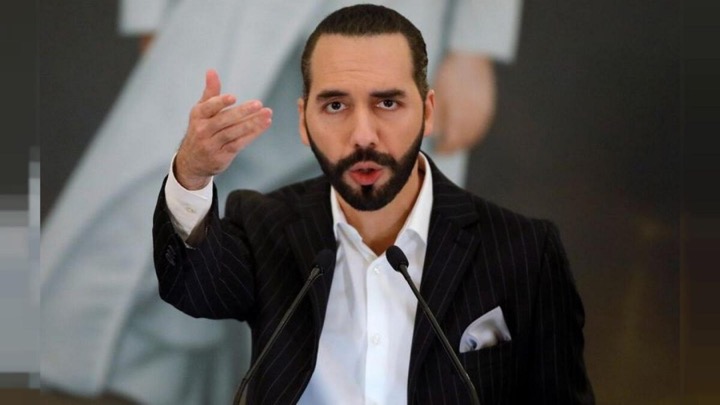El Salvador President Nayib Bukele Begins Second Term to Lead Bitcoin Adoption
El Salvador’s President Nayib Bukele, at 42, begins his second term on Saturday with unprecedented support from the electorate. Re-elected in February with a sweeping 85% of the vote, Bukele now enjoys near-total control over parliament and other state institutions. His aggressive crackdown on criminal gangs has returned a sense of normalcy to a society long plagued by violence, cementing his popularity.
Despite facing criticism from human rights organizations, Bukele, who unapologetically refers to himself as a “cool dictator,” stands as the most popular leader in Latin America according to regional polls. This widespread support has translated into a dominant legislative presence, with his New Ideas party capturing 54 out of 60 seats in the legislative elections, giving him significant power to implement his policies.
Bukele’s Bitcoin Adoption and Economic Strategy
One of the most ambitious and controversial aspects of Bukele’s administration is the adoption of Bitcoin as legal tender. In 2021, El Salvador became the first country in the world to embrace Bitcoin in this way, a move aimed at revolutionizing its economy. Bukele’s strategy is multifaceted: he aims to attract foreign investment, increase financial inclusion among unbanked citizens, and reduce reliance on the US dollar.
This bold initiative involved the investment of an undisclosed amount of taxpayer money into Bitcoin, despite stern warnings from international financial institutions about the cryptocurrency’s notorious volatility. Bitcoin’s price fluctuations have been dramatic, with lows of $16,000 and highs reaching $73,797. Bukele, however, remains steadfast in his belief that the potential benefits of Bitcoin, such as lower remittance fees and greater economic autonomy, outweigh the risks associated with its instability.
Bukele’s Bitcoin gamble comes at a time when El Salvador faces significant economic challenges. The country’s public debt has ballooned to over $30 billion, or 84% of its GDP, and economic growth is projected to slow to 3% this year from 3.5% in 2023. Critics argue that the volatility of Bitcoin could further destabilize the economy, increasing financial uncertainty. Despite these concerns, Bukele asserts that his administration’s efforts to reduce violent crime will support economic stability and growth.
His promise of a “period of prosperity” hinges on the successful integration of Bitcoin into the economy and the broader acceptance of this cryptocurrency by the global financial community. As Bukele continues to push his vision, the outcome of this financial experiment will be crucial in shaping El Salvador’s economic future and could set a precedent for other nations considering similar moves.
Inauguration and International Relations
Bukele’s inauguration ceremony, held at the National Palace in San Salvador, was a high-profile event attended by dignitaries from around the world. Notable attendees included Spanish King Felipe VI and Argentine President Javier Milei, both of whom underscore Bukele’s influence and the international interest in his administration.
Additionally, Donald Trump Jr. was present, highlighting Bukele’s connections and admiration for former U.S. President Donald Trump. This gathering of prominent figures not only signifies Bukele’s growing stature on the international stage but also reflects the broad spectrum of support and curiosity regarding his unconventional policies, particularly the adoption of Bitcoin.
















